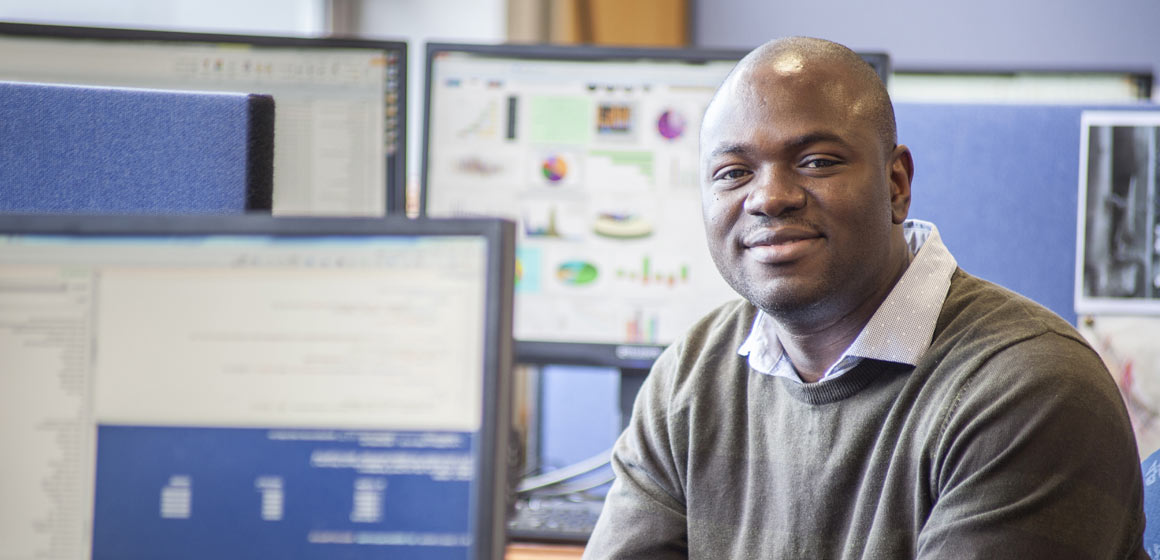
Dr Sherlock Licorish (Information Science) studies software systems and the people who develop them, to try to reduce the incidence of failures – such as the notorious Novopay payroll system for New Zealand schools.
“Software systems have become the cornerstone for arguably every business process,” says Licorish. “While there are many software development success stories, there have also been reports of significant levels of system failures.”
Licorish cites as high-profile New Zealand examples, the Novopay debacle and a Taranaki Savings Bank software glitch that allowed unlimited withdrawals from ATM machines.
Overseas, he points to even more disastrous cases, such as the United States Cover Oregon health-care website that was never released after two years and $NZ250 million of development, and the BBC scrapping a $NZ170 million digital media initiative in favour of a cheaper off-the-shelf solution.
Working with Professor Steve MacDonell (Information Science), Licorish says that he is researching ways of reducing these software catastrophes.
“Our goal is to provide recommendations for improving the process of software development by understanding, explaining and predicting what, when, where and how methods, tools and techniques should be applied,” explains Licorish, “to provide software that is reliable, efficient, secure, and with extended survival.”
He says that the research not only involves talking with software developers and “watching them play”, but also analysing software “artefacts and repositories” – that is, the documents that contain evidence about everything the developer does.
“We want to understand what motivates people to work in a way that is team oriented, honest and transparent, and the basis for the occasions when they do not perform as they are expected to perform.
“There is growing recognition that systems improvement efforts should span the lifetime of software services,” says Licorish, “from conceptualisation through to creation, use, maintenance and retirement."
“Accordingly, given that customers and end-users often play an integral role in software maintenance and whether software services benefit from prolonged use, the involvement of these individuals in the feedback loop has also been at the centre of our recent evaluations.”
Licorish adds that he is particularly concerned with end-users' involvement in the development and evolution of software for mobile devices.
“With the explosion of the mobile movement and the availability of vast numbers of tools on the web, anyone is able to create an app and publish it. Many developers in this space have never been exposed to teachings around the principles of software development, project governance, ethics and customer relationship management. So, this could be the basis for the propagation of unstable software and heightened levels of end-user dissatisfaction. The natural question, then, is how to limit these occurrences.”
Born in Guyana, 35-year-old Licorish studied and taught at the University of Guyana, worked in the information and communications technology industry and completed a PhD at the Auckland University of Technology before taking up a postdoctoral fellowship at Otago in 2013.
Licorish and MacDonell, who co-supervised Licorish's PhD, are continuing to collaborate on various journal articles and conference papers based on the research.
